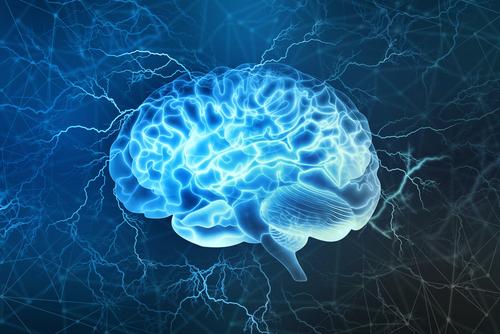
Specific functional network-based moderators of treatment outcome have been identified, and these involve brain networks affected by major depression, reports a study. In addition, a favourable response for an antidepressant medication appears to be influenced by functional connectivity patterns of brain regions between and within networks.
“Major depressive disorder is associated with aberrant resting-state functional connectivity across multiple brain networks supporting emotion processing, executive function and reward processing,” the authors said.
A total of 279 participants in the Establishing Moderators and Biosignatures of Antidepressant Response in Clinical Care (EMBARC) study underwent structural and resting-state functional magnetic resonance imaging at baseline and were then randomized to receive either sertraline or placebo treatment for 8 weeks.
The authors computed the functional connectivity between brain regions using a region of interest-based approach. They then identified brain regions that moderated (ie, differentially predicted) outcomes between the sertraline and placebo arms using linear mixed-model intent-to-treat analyses.
Several within- and between-network connectivity patterns were involved in the prediction of response to sertraline. Of note, higher connectivity within the default mode network was a predictor of better outcomes for sertraline. Greater between-network connectivity of the default mode and executive control networks also predicted favourable outcomes for the antidepressant drug.
On the other hand, between-network hippocampal connectivity predicted (in opposite directions) the outcomes for both placebo and sertraline, according to the authors.
Sertraline is a selective serotonin reuptake inhibitor that affects chemicals in the brain that may be unbalanced in people with depression, panic, anxiety or obsessive-compulsive symptoms. [https://www.drugs.com/sertraline.html]